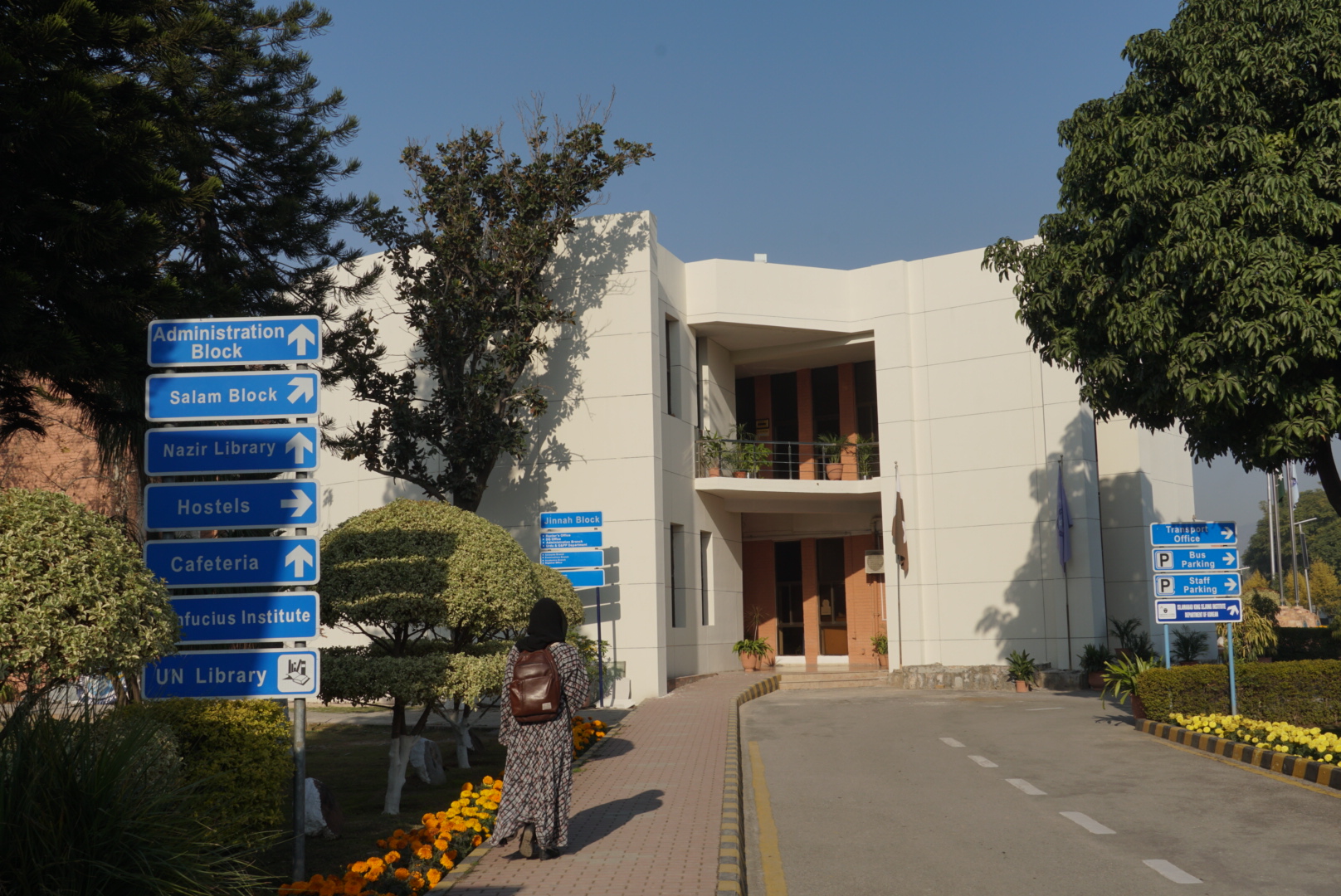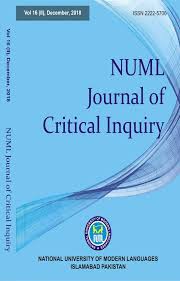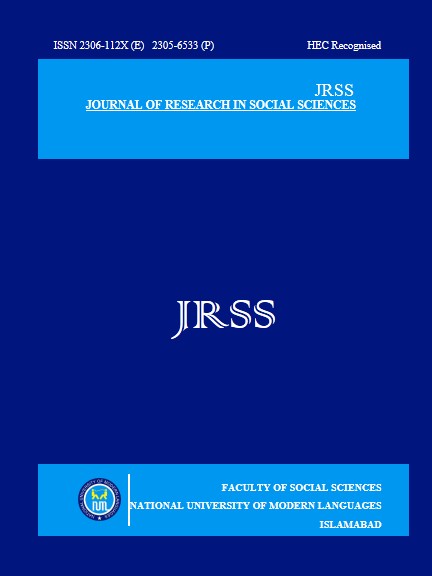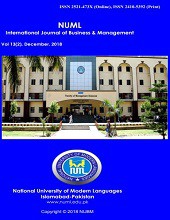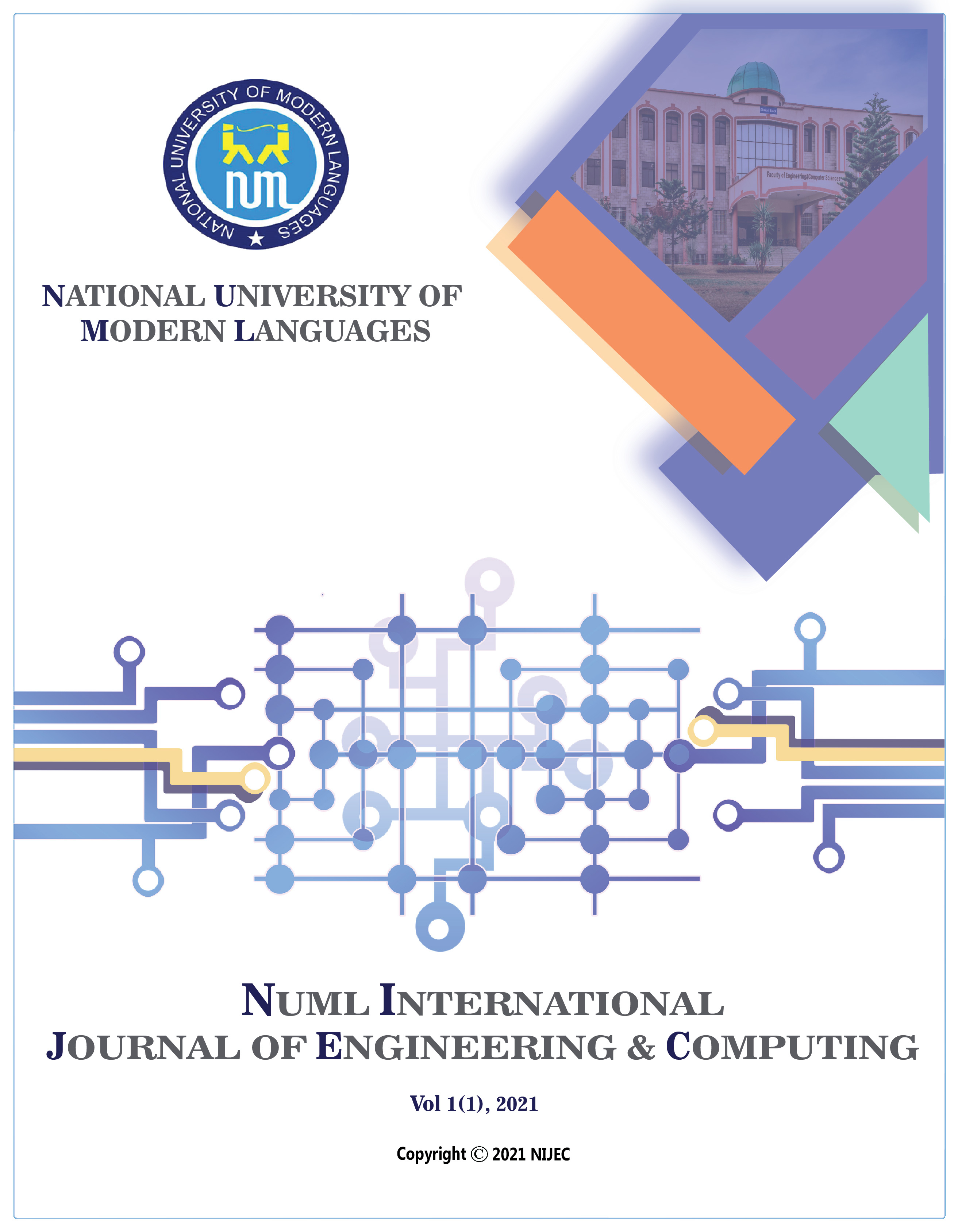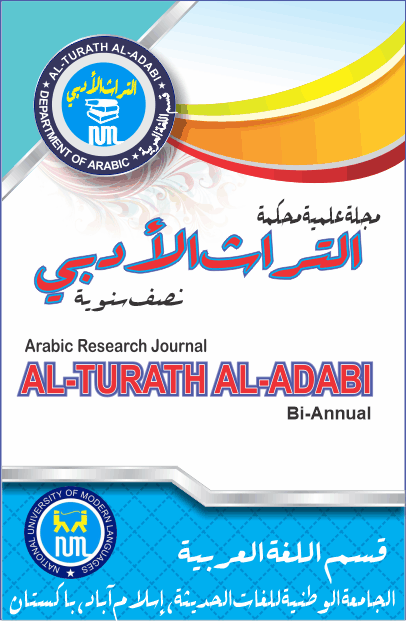Program Information
| Duration | : | 4 years |
| Level | : | BS |
| Shift | : | Morning |
| Credit Hrs | : | 136 |
| Semester | : | 8 |
Similar Programs
BS Robotics & Intelligent Systems
Overview:
BS Robotics and Intelligent Systems Program
Department of Electrical Engineering - National University of Modern Languages (NUML)
Head of Department: Dr. Farhan Sohail
Introduction
In an era where intelligent machines are reshaping our world, the fusion of robotics, artificial intelligence, and advanced automation is creating unprecedented opportunities for innovation. From autonomous vehicles and smart manufacturing to healthcare robotics and intelligent infrastructure, the future belongs to those who can design, develop, and deploy the intelligent systems that will define the next generation of technological advancement.
The convergence of hardware engineering, software intelligence, and machine learning is revolutionizing every industry. Organizations worldwide are seeking professionals who possess the unique ability to create autonomous systems that can perceive, learn, adapt, and interact with the physical world. The demand for expertise in robotics and intelligent systems has never been greater, as industries race to automate processes, enhance productivity, and solve complex challenges through intelligent automation.
The BS Robotics and Intelligent Systems program at NUML is designed to produce the next generation of innovators who will build the intelligent machines of tomorrow. Our curriculum provides deep expertise in artificial intelligence, machine learning, computer vision, sensor integration, and embedded systems—equipping graduates with comprehensive skills in both the software intelligence and hardware platforms that power modern robotic and autonomous systems
This forward-thinking program goes beyond traditional robotics education by emphasizing the intelligent systems of the future. Students master cutting-edge technologies including deep learning, neural networks, intelligent control systems, human-robot interaction, and autonomous decision-making. Whether designing intelligent manufacturing systems, developing autonomous robots, or creating AI-powered solutions for real-world problems, our graduates are prepared to lead the intelligent automation revolution.
This program aligns with HEC's vision and national priorities for technological advancement, recognizing robotics and intelligent systems as critical enablers of industrial transformation, economic growth, and global competitiveness. As Pakistan positions itself in the Fourth Industrial Revolution, our graduates will be at the forefront of innovation, driving the development and deployment of intelligent systems across diverse sectors.
The BS Robotics and Intelligent Systems Program is offered by the Department of Electrical Engineering, which brings over 16 years of distinguished excellence in engineering education. Under the visionary leadership of Dr. Farhan Sohail, the department has established state-of-the-art robotics and AI laboratories equipped with modern hardware platforms, development tools, and simulation environments that provide students with hands-on experience in building real-world intelligent systems.
Our commitment to global standards and innovation is reinforced through international collaborations and student exchange programs with prestigious institutions including Duzce University (Turkey) and Dong-A University (South Korea). These partnerships provide our students with international exposure, collaborative research opportunities, and access to cutting-edge developments in robotics and AI from around the world, preparing them to compete and excel in the global technology landscape.
Key highlights of the programs include:
- Comprehensive expertise in AI, Machine Learning, and Deep Learning - Hands-on experience with both software intelligence and hardware systems - Focus on autonomous systems, intelligent control, and robotic automation - State-of-the-art laboratories with modern robotics platforms and AI development tools - Industry-relevant curriculum aligned with future technological trends - International exposure through global university partnerships - Career pathways in robotics engineering, AI development, autonomous systems, and intelligent automationDepartment Vision & Mission
Vision: To become a centre of excellence in producing competent graduates for contributing value to the engineering knowledge, economy, and society.
Mission: To motivate the graduates to become highly skilled professional engineers acquainted with knowledge of emerging trends in engineering. It also aspires to produce socially and ethically responsible graduates having innovative research skills to effectively contribute to industrial and societal progression.
University Mission
- To become a leading institution in creating knowledge and competencies for inclusive development. (PEO 1, 2, 3)
- To foster creative pedagogy, innovative research, and inclusive communication. (PEO 1, 2, 3)
Program Educational Objectives (PEOs)
- PEO1: Technical Proficiency and Innovation — Graduates will demonstrate a high level of technical expertise and professional competence in computer engineering, enabling them to design, analyze, and implement innovative solutions to complex engineering problems using modern engineering tools and practices.
- PEO2: Leadership and Collaboration — Graduates will possess strong communication and leadership skills, enabling them to work effectively in multidisciplinary teams and lead projects to successful outcomes in diverse professional environments.
- PEO3: Professionalism and Lifelong Learning — Graduates will understand and commit to professional ethics, societal responsibilities, and lifelong learning, continually developing their skills and knowledge to ensure their sustained contribution to the advancement of computer engineering and related disciplines.
Program Learning Outcomes (PLOs)
PLO Coverage Matrix
| Domain | Mapped PEO(s) |
|---|---|
| Academic Education | PEO 1 |
| Knowledge for solving computing problems | PEO 1 |
| Problem Analysis | PEO 1 |
| Design/Development of Solution | PEO 1 |
| Modern Tool Usage | PEO 1 |
| Individual and Teamwork | PEO 2 |
| Communication | PEO 2 |
| Computing Professionalism and Society | PEO 3 |
| Ethics | PEO 3 |
| Lifelong Learning | PEO 3 |
Admission Requirements - BS BS Robotics and Intelligent Systems Program
Eligibility Criteria: Minimum 60% marks in Intermediate / 12 years schooling / A-Level (HSSC) or Equivalent with Mathematics are required for admission in the BS Computer Engineering Program.
Students of F.Sc. Pre-Medical shall be required to pass two additional Mathematics courses to make up for the deficient background in Mathematics at HSSC.
Additional Mathematics Courses
| Course | Semester | Requirement |
|---|---|---|
| Pre-Math I | 1st Semester | Required for F.Sc. Pre-Medical students |
| Pre-Math II | 2nd Semester | Required for F.Sc. Pre-Medical students |
Eligibility:
50% marks in Intermediate with Mathematics, ICS / A level or equivalent with Mathematics. Pre-medical background students will have to pass deficiency courses of Mathematics (06 credits) in first two semesters.
Courses:
| S.No | Course Code | Subject | Credit Hours |
|---|---|---|---|
| 1 | RIPF-126 | Programming Fundamentals | 3+0 |
| 2 | RIPF-126-L | Programming Fundamentals Lab | 0+1 |
| 3 | CSIT-102 | Applications of ICT | 2+0 |
| 4 | CSIT-102-L | Applications of ICT Lab | 0+1 |
| 5 | ESFE-101 | Functional English | 3+0 |
| 6 | NSAP-105 | Applied Physics | 2+0 |
| 7 | NSAP-105-L | Applied Physics Lab | 0+1 |
| 8 | SSPS-103 | Pakistan Studies | 2+0 |
| 9 | SSIS/SSET-104 | Islamic Studies/Ethics | 2+0 |
| 10 | RIPM-116 | Pre-Math – I | Non credit (3+0) |


